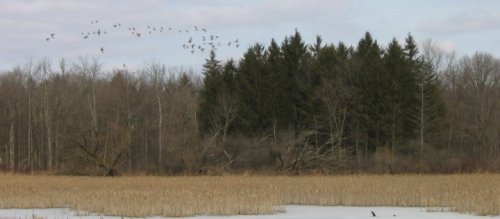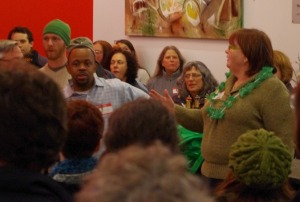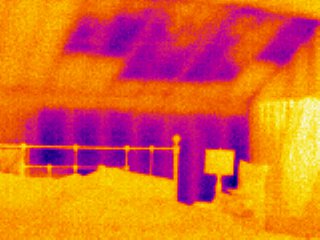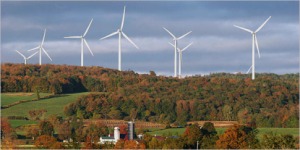What Does It Mean to Be “Prepared?” Celebrating Campus Sustainability Day with a National Dialogue
By Sarah Brylinsky, Program Associate, Second Nature
(This article appears in the October, 2012 issue of The ACUPCC Implementer)
The celebration of the 10th Anniversary of Campus Sustainability Day (CSD) needed a topic appropriate to a moment in time when campuses have shown that the impossible is possible – changing the way they teach, operate, build, and plan in order to reduce emissions and prepare students to lead a just and sustainable future – while recognizing the challenges and opportunities still present in their journey to integrating deep sustainability education. This year, Second Nature and the CSD supporting organizations, includingAASHE, the National Wildlife Federation (NWF), The Society for College & University Planning (SCUP), USGBC, Focus the Nation, Tree Campus USA, the SEED Center, and IDEAS, are calling on campuses to participate in a national day of dialogue around a critical question which invites conversation on both success and continued roadblocks: How is higher education preparing students for a changing climate?
- Read more about What Does It Mean to Be “Prepared?” Celebrating Campus Sustainability Day with a National Dialogue














 Second Nature is partnering in the coming months with the
Second Nature is partnering in the coming months with the 




